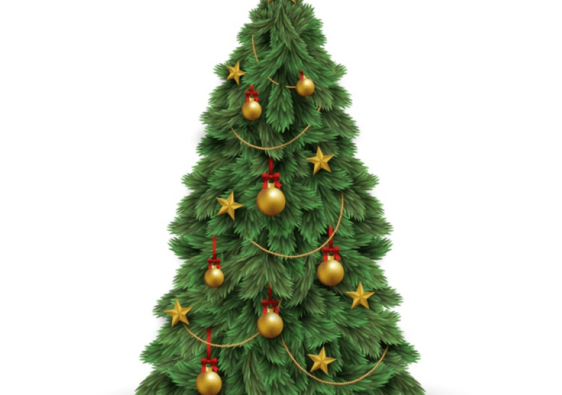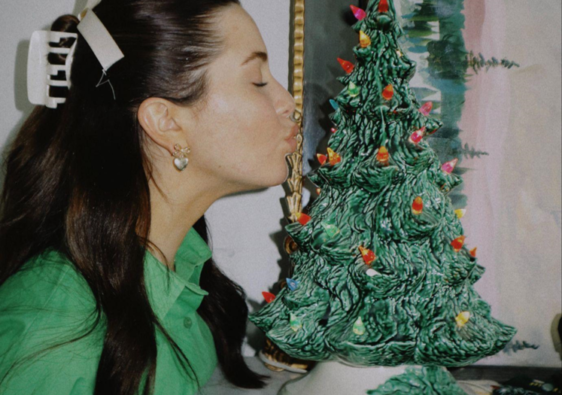The holiday season is a time of joy and togetherness, with family and friends gathering around to celebrate and share the warmth of the season. Traditionally, a beautifully adorned live Christmas tree is the centerpiece of these celebrations. However, with the growing awareness of environmental concerns, more people are looking for eco-friendly alternatives for decorating their homes. One such sustainable option is the use of artificial Christmas trees.
Why an Artificial Christmas Tree is a Great Eco-Friendly Choice
In recent years, artificial Christmas trees have greatly improved in terms of appearance and quality, making them an increasingly popular choice for holiday decoration. Let us delve deeper into the benefits of using an artificial Christmas tree and see why it has become an eco-friendly solution for festive décor:
Longevity and reusability
Artificial trees can be reused year after year, eliminating the need to chop down a live tree every season. On average, artificial trees can last up to 10 years or more with proper care, reducing the overall carbon footprint of your holiday celebrations. In contrast, live trees can only be used for a few weeks before they begin to wither and dry.
Saving water resources
Live trees require a significant amount of water to grow; approximately 7-29 liters a day for a 2-meter-high tree. Artificial trees, on the other hand, do not consume water resources, which is especially important during times of drought and water scarcity.
Reduced carbon dioxide emissions
Artificial trees result in fewer carbon emissions if used for more than five years. A study by PE Americas found that a real Christmas tree’s carbon footprint is three times higher than an artificial tree used for six years.
Significant reduction in tree waste

Each year, about 33 million live Christmas trees are sold in the United States, and many of them end up in landfills after the holiday season. Artificial trees generate considerably less waste, as they can be stored away and reused for the coming years. This also reduces the pollution caused by transporting and burning discarded live trees.
Reduced reliance on pesticides
Growing live Christmas trees often involves the use of harmful chemicals and pesticides that can contaminate the soil, water, and air. Artificial trees are manufactured from non-toxic materials such as PVC, which means they are free from harmful chemicals, thus reducing the environmental impact.
Allergen-free alternative
For those who suffer from allergies, artificial trees can create a more comfortable environment during the holiday season. Hay fever sufferers may experience less irritation as artificial trees do not release pollen.
Lower overall costs
While artificial trees may have a higher initial cost, their long-lasting nature makes them a more cost-effective option in the long run. With minimum maintenance required and no need to buy a new tree each year, an artificial tree is an investment that pays off over time.
A safer option for homes
Artificial trees are less likely to catch fire compared to live trees, which can become extremely flammable as they dry out. Furthermore, modern artificial trees come with fire-resistant materials that minimize potential fire hazards.
Endless varieties and styles
Artificial trees come in numerous sizes, colors, and styles, allowing you to find the perfect tree to suit your holiday decorations.
Easy assembly and storage
Artificial trees are easy to put up and take down, and can be compactly stored away in their original box, ready to be reused the following year.
In conclusion, opting for an artificial Christmas tree is not only a practical and cost-effective choice but also an eco-friendly way to celebrate the festive season. By reusing the same tree for multiple years, you can significantly reduce your carbon footprint and the amount of waste generated during the holidays. Moreover, with advancements in tree design and materials, it is easier than ever to find a beautiful and realistic artificial tree that will bring joy and warmth to your home for many Christmases to come.



